Political Correctness Could be Dangerous to Your Health

A Terrorist by Any Other Name . . . Still Kills
Author: Susan MacAllen
Source: The Family Security Matters Foundation, Inc.
Date: July 9, 2007
Westerners can’t conceive of a “religion” that demands mass murder of non-believers as a foundational pillar, so we tend to deny its reality. FSM Contributing Editor Susan MacAllen points to British Prime Minister Gordon Brown’s counterintuitive reaction to the failed car bombings as an example of cognitive dissonance in the extreme.
Cognitive Dissonance: Those who remember their Psychology 101 will recognize this term as the widely accepted theory describing the discomfort we feel when what we already know doesn’t agree with what we then learn to be true.
Each of us has had those moments: you think you understand a situation and you are feeling confident when suddenly a different reality hits you in the face. It’s what we feel when a child behaves in a way contrary to that which we so carefully taught; it’s what we feel when we learn that a spouse has cheated, or a trusted friend has betrayed us; it’s what happens when the idea we had about the way our world works is confronted with a new reality. It’s what many felt on that reality-shattering September 11.
The theory of Cognitive Dissonance says that when we are confronted with the uncomfortable tension between former belief and new reality, we as individuals tend simply to adjust our beliefs to accommodate the new facts - we don’t bother much with the actual reality.
Unfortunately, in order to alleviate the tension we tend not to change our behavior, but to change our belief about the situation. We humans are a crazy bunch - we simply create a new reality.
Last week’s thwarted terrorist attacks in London and Glasgow provide a disturbing glimpse at the usual human reaction to cognitive dissonance, and that to which many Western diplomats will resort to preserve a pleasant little lie and avoid an uncomfortable truth.
Those living in Great Britain were relieved when the new British Prime Minister, Gordon Brown, responded to the attacks with firm resolve. His people, he seemed to say, would not be moved. They would be vigilant, and alert for the dark forces at work in their society who wished to destroy their way of life.
And the people breathed a sigh of relief - this new PM seemed to have the backbone required to face realistically the future struggle with radical Islamist elements that had developed over past decades - and which many believe England to be a target as a direct result of her too-liberal immigration policies.
So it is no surprise that many inside and outside the British government were more than a bit disturbed when a few days later, Prime Minister Brown seemed to take a few steps back from his resolve, when he began to speak of his government needing to make greater effort to “win the hearts and minds of Muslims” and word leaked through reliable press that he had cautioned his ministers to watch their language: apparently, they were not to use “inflammatory” language when speaking of the two bomb-wired vehicles ready to kill hundreds in a conflagration in London or the fiery Jeep crashing into the Glasgow airport, both loaded with explosives.
It almost makes sense when one considers that a “classified” EU document had been sent out by the EU to all European member governments, cautioning them that inflammatory language would stir unwelcome sentiment.
Therefore, the EU offered a list of words it called a “common lexicon” to use when describing terrorist events - a banal list of words deemed “non-emotive”.
The list also included normally descriptive words not to be used - such as “Jihad”, “Islamic” and “fundamentalist”.
Thank goodness for politicians like Gerard Batten of the Independence Party, who is demanding that the full list be published, so that the British public fully can appreciate how the EU - from its seat afar in Brussels - is dictating to them how they should speak English. Or like Denis MacShane of the Labour Party, who responded that “Islamist” is an accurate description of the ideology behind the attacks, and needs to be used.
So…if we don’t call the spade a spade, it magically can be…what…a spoon? All the semantic molding in the world won’t erase the fact that witnesses to the Jeep crash saw one of the passengers get out, light himself on fire and scream in Arabic, “Allah! Allah!”, over and over again. Inflammatory in itself, how is this not related - indeed central to - Islam, Jihad, and fundamentalism?
Maybe it’s a little cognitive dissonance. We, as a Western society, believe all that is “religious” in origin must ultimately be core to what we view as a religious ethic: peace, equality, non-violence. We cannot believe that there is a religious ideology that consciously and actively embraces violence against non-believers and is so committed to the inequality of religions that it would want to replace established governments with only Islamic law. We simply can’t conceive of such a belief system as a “religion” so we invent a new reality - a reality with no evidence of truth or even common sense.
It goes like this:
- Islam is really a peaceful religion. (It MUST be, after all…because it IS a religion, right?)
- Only a handful of Muslims believe in the radical ideal. (This idea collided with some recent public polls in Europe and the U.S. that demonstrate far too many Muslims agree with radical ideology - establishment of Sharia Law in the West, the attack on 9-11 was a Zionist/Bush conspiracy, etc. Oops! More dissonance!)
- Terrorism rises from Western colonialism (forget that Muslim violent ideology and its pillaging, torturing and subjugation existed before there even was a West).
And so on.
You get the picture.
Here is one of my favorites: suicide bombers are people who struggle in poverty and misery, and from this economic deprivation and political hopelessness comes their anger.
I, like many who study the phenomenon of radical Islam, was not surprised to learn that the planners and instigators of the attacks in Britain were all doctors or in the medical field, but I would imagine the general public experienced a little cognitive dissonance.
These most recent London bombers are educated, privileged and driven by the same insane ideology that drives their brothers to blow up soldiers in Iraq or nightclubs in Israel or subways in London or skyscrapers in New York: a terrorist by any other name or profession still kills innocent people.
We are standing on the brink of an earthquake - a shaking of Western civilization and a test of its endurance and commitment to its ideals. But we also stand witness to a shaking of the very foundations of Islam.
The war is not only between Islam and non-believers, it is within Islam itself. It is between those who want to live by its centuries-old ethics and those who want to live peacefully in the modern world and embrace some of the values of modern mankind.
And yes, it was Judeo-Christian thought that shaped those values. I have no doubt that there are Muslims who wish for peace, who accept non-belief as valid, who understand equality between the sexes, the value of a child’s life and the meaning of individual freedom. But frankly, I don’t know if they know what to do with the quagmire that Islam has become.
It is what it is - a “faith” that is more a political ideology; a path that teaches submission to the state of Islam, not individual freedom; a “religion” whose founder spent the last part of his life as a crazed killer. No one can presume to guess whether these things can in fact be resolved - whether Islam’s practitioners can find a way that moderation works within a fundamentally non-flexible ideology.
I pray for the sake of good people caught up in Islam, who dare to hope and search for a better path without abandoning their traditions, that it is possible.
But meanwhile, we in the West need to call Islamist ideology for what it is. We need to look at ourselves and think about how we refuse to confront that which is before our eyes; how we make excuses for the ugliness which we cannot comprehend, rather than to examine it; how we avoid looking at that which shakes our comfortable notions of the world and its peoples.
We need to be conscious of how we would rather declare that it isn’t real than to be forced to deal with its hideous qualities and existential threat to our security. If we do not, we are failing ourselves and our children’s future.
We need to dare to see evil and dare to speak its name. Its name, Mr. Brown, is ISLAM.
Dean
Sphere: Related Content



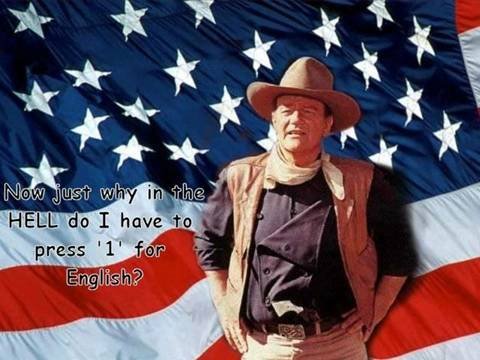
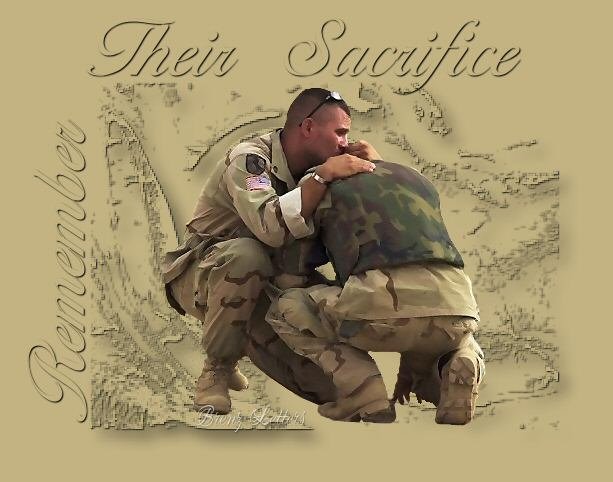



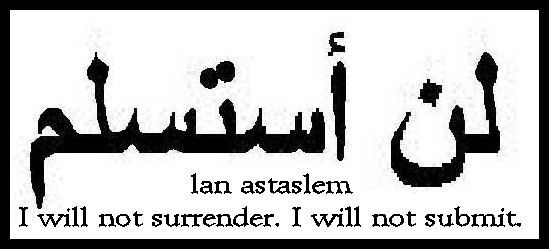







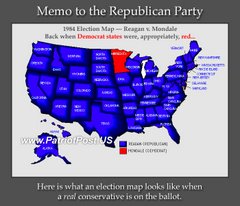


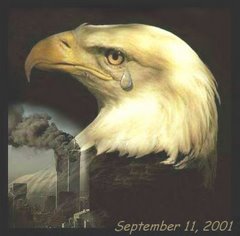























|